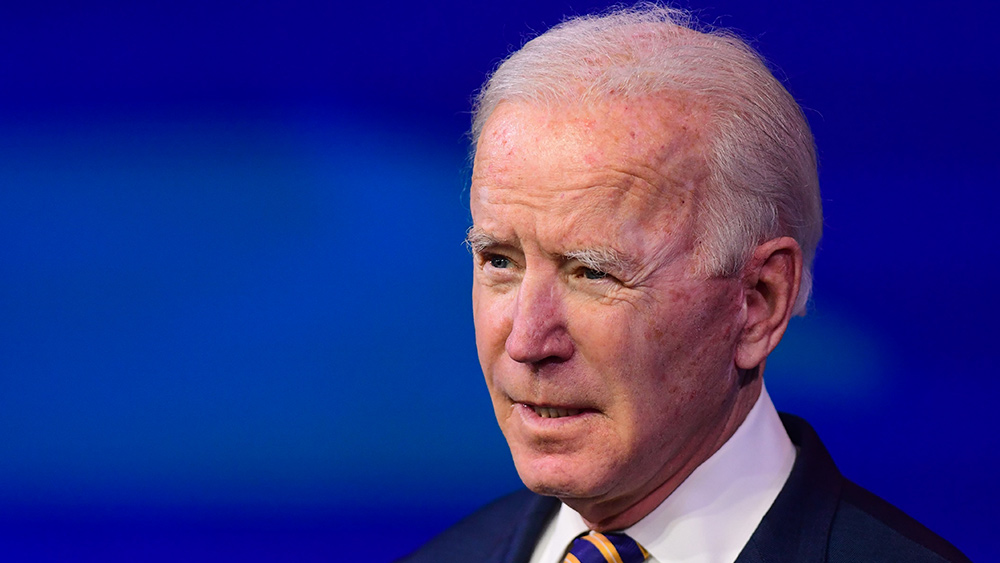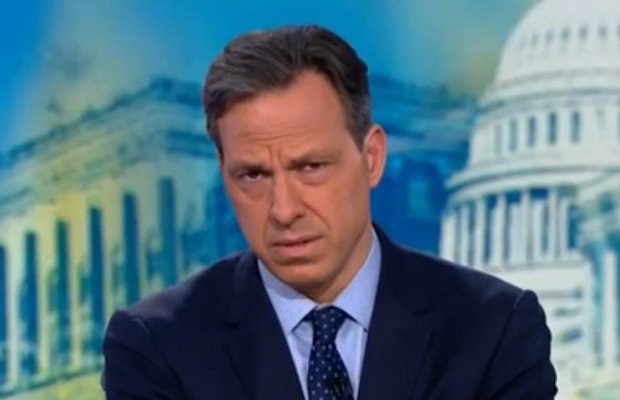Supreme Court to hear case that could end racial preferences in college admissions
01/27/2022 / By Kevin Hughes

The Supreme Court has finally decided to hear arguments that could end the race issue in college applications following landmark cases delivered by the Department of Justice accusing colleges of unfair treatment of Asian and White applicants.
The Supreme Court, according to an AP report, granted the challenge to the status quo that could bring about the biggest change to the legal framework of college admissions since 2003, when Grutter v. Bollinger concluded that universities may take race into account to develop a “racially diverse” student body that will benefit all students.
Precedents to the said case go all the way back to the 1964 Civil Rights Act. (Related: Harvard, Yale brazenly COMMIT to discriminating against people based on the color of their skin)
The court has preferred to hear the appeal of the Students for Fair Admissions (SFA), a nonprofit membership group of more than 20,000 students, parents and others who believe that racial classifications and preferences in college admissions are unfair, unnecessary and unconstitutional. It has also chosen to hear appeals from Harvard University and other prominent universities insisting that the precedent be backed.
“Grutter is wrong, immoral, and unpersuasive, and has not aged well,” argued the SFA, which is seeking to end bias against Asian applicants at top American universities.
Biden administration takes side of Harvard, elite schools
Unfortunately for the SFA, the Biden administration has taken the side of Harvard and its cadre of elite schools with the administration’s lawyers filing appeals favoring the latter.
Justice Sandra Day O’Connor, a Republican appointed by President Ronald Reagan, in her landmark opinion for the majority, predicted that racial preferences would no longer be essential in 25 years. Harvard, however, contends that these methods are still absolutely needed.
“Universities across the country have followed this precedent in structuring their admissions processes. And the American public has looked to this precedent for assurance that the nation recognizes and values the benefits of diversity and that the path to leadership is open to all,” Harvard argued.
Many lower courts have denied SFA’s challenge, including the Boston-based 1st U.S. Circuit Court of Appeals, which backed the Harvard policy in a 2-0 judgment. The case will turn on the Court’s interpretation – or reinterpretation – of the 1964 Civil Rights Act’s Title VI, which prohibits racial discrimination by universities that get federal funding.
The case will probably be heard during the Court session starting in October.
The challenges, which target university admissions policies of both public and private institutions, are currently looking to end affirmative action in college admissions that has been employed at universities to promote diversity among student bodies. At least nine states have prohibited affirmative action at public universities.
The composition of the Supreme Court has changed significantly since it last decided on the use of race in university admissions during a 2016 decision involving the University of Texas. The majority opinion in that debate was written by Justice Anthony Kennedy with the high court declaring as lawful the school’s race-conscious admissions program.
But Kennedy has retired in 2018 and Justice Ruth Bader Ginsburg, who sided with Kennedy in the majority, died in 2020. The conservative majority of the Supreme Court has now grown to 6-3 with the inclusions of Justice Neil Gorsuch, Brett Kavanaugh and Amy Coney Barrett.
The initial dispute emanates from a lawsuit a group of students filed against Harvard in 2014, accusing that its admissions process violates Title VI of the Civil Rights Act by punishing Asian American applicants.
Students for Fair Admissions alleged that the Ivy League school intentionally distinguishes against Asian American students during the admissions process by giving them lower ratings than other races and lessening the number of Asian Americans it admits.
Harvard has denied the claim of intentional discrimination from the students and argued it recognizes race in its admissions process “only in a flexible and nonmechanical way.”
A federal district court in Massachusetts in a 2019 case sided with Harvard in the lawsuit and spoke that the elite school did not deliberately discriminate against Asian American applicants. The 1st U.S. Circuit Court of Appeals supported the district court’s decree in late 2020.
More related articles:
University segregates whites into separate room for “White privilege” indoctrination.
WHITES NOT WELCOME: Democrat supporters re-implement segregation at universities to exclude Whites.
Watch the video below about how Harvard’s affirmative action lawsuit exposes the absurdity of race-based discrimination.
This video is from the War Room channel on Brighteon.com.
Follow EducationSystem.news to know more about the education system in America.
Sources include:
Submit a correction >>
Tagged Under:
admissions process, affirmative action, big government, campus insanity, college admissions, Department of Justice, education system, Harvard, identity politics, left cult, political correctness, public education, race relations, race war, racial discrimination, universities
This article may contain statements that reflect the opinion of the author
RECENT NEWS & ARTICLES
COPYRIGHT © 2017 CONSPIRACY NEWS



















